Victoria socialismului în ultimul paradis al muncitorilor
În Coreea de Nord, privatizarea sistemului de sănătate, a căilor ferate, a fabricilor și hidrocentralelor poporului – toate falimentare! – nu sint subiect de discuție. În Coreea de Nord, exploatatorii capitaliști nu-și trimit coloniștii Chevron și RMGC să exploateze clasa muncitoare pînă la piele. În Coreea de Nord, Coca Cola, McDonalds, Microsoft, HP etc nu înrobesc poporul, așa cum se întîmplă în colonia americană care mai poartă și numele de România. Nu, Coreea de Nord e una dintre puținele țări din lume „cu adevărat independente de imperialismul american”. Coreea de Nord are alte probleme.
Doua articole din Evz:
Evz: „A ucis 3,5 milioane de oameni. Cum arată HOTELUL GROAZEI Hotelul Ryugyong (numele înseamnă „Capitala sălciilor”) din Phenian, considerat unul dintre proiectele care depăşesc imaginaţia ale dinastiei Kim. Publicaţia „Esquire” a numit hotelul „cea mai proastă clădire din istoria omenirii”, iar alţii l-au numit „Hotelul Groazei”.
Un proiect considerat faraonic. O clădire imensă, în formă de piramidă, care creează un contrast izbitor “cu oraşul în care foametea face victime”, după cum notează presa internaţională.
Va fi inaugurat vara aceasta, la 26 de ani de când lucrările de construcţie au fost demarate, pe vremea dictatorului Kim Il-Sung…
A fost ridicat rapid, însă lucrările s-au oprit brusc odată cu destrămarea URSS. Hotelul a constituit, conform părerii analiştilor occidentali, un dezastru economic pentru Coreea de Nord, deoarece a contribuit la izbucnirea foametei şi a ucis 3,5 milioane de oameni. În 2008, după 16 ani în care a rămas în paragină, lucrările au fost reluate – spre surprinderea Vestului…”
Evz: Părinții dintr-o țară comunistă își OMOARĂ copiii și îi mănâncă din cauza foametei
„Un bărbat din Coreea de Nord a fost condamnat la moarte și executat după ce și-a omorât cei doi copii pentru a-i mânca din cauza foametei care face ravagii în provinciile rurale din zona Hwanghae. Acesta ar fi doar unul dintre numeroasele cazuri de canibalism semnalate de surse ale jurnaliștilor de la Asia Press, care au realizat un amplu documentar pe această temă.

[…]10.000 de oameni au fost uciși de foametea „ținută la secret” de autoritățile comuniste și există temeri serioase privind răspândirea actelor de canibalism în întreaga țară.
„Un bărbat din satul meu a fost executat prin împușcare după ce și-a omorât cei doi copii și a încercat să-i mânânce. Bărbatul și-a ucis întâi fiica, în timp ce soția sa era plecată de acasă, și apoi l-a omorât și pe fiul său, care fusese martor la crimă. Când soția sa s-a întors acasă, bărbatul i-a spus că a făcut rost de carne. Suspicioasă, femeia a alertat Ministerul Securității Publice, iar în urma anchetei au fost descoperite bucăți din trupurile celor doi copii”, povestește un informator al Asia Press, din regiunea Hwanghae.
Și-a dezgropat nepotul și l-a mâncat
Jurnalistul Jiro Ishimaru afirmă în articolul publicat de Asia Press că „am fost șocați de-a dreptul de numeroasele mărturii ale localnicilor despre asemenea cazuri de canibalism”. La rândul său, unul dintre informatorii nord-coreeni, Gu Gwang-ho, povestește că „un alt bărbat și-a dezgropat nepotul și i-a mâncat rămășițele”.
În articolul publicat de Asia Press este citat, sub protecția anonimatului, și un oficial al Partidului Muncitorilor din Coreea de Nord: „Într-un sat din regiunea Chongdan, a fost arestat un bărbat care a înnebunit de foame și și-a gătit propriul copil”. Pe de altă parte, alte surse nord-coreene pun aceste reacții disperate ale populației pe seama secetei cumplite ce a afectat zonele rurale din Coreea de Nord, dar și pe seama politicii lui Kim Jong Un, care a decis confiscarea produselor alimentare din zona Hwanghae pentru a le furniza locuitorilor din capitala Pyongyang. Articolul șocant publicat de Asia Press vine în contextul în care liderul nord-coreean Kim Jong-Un a cheltuit sume uriașe de bani pentru lansarea a două rachete…
Anul trecut, în luna mai, Institutul Coreea pentru Uniune Națională din Coreea de Sud a afirmat că un bărbat a fost condamnat și executat după ce și-a omorât un coleg și a mâncat bucăți din acesta, restul cadavrului încercând să-l vândă. Un alt nord-coreean a fost executat tot anul trecut, în mai, după ce a ucis 11 persoane și a vândut bucăți din cadavrele lor drept carne de porc. Nu în ultimul rând, au fost semalate cazuri de canibalism și în închisorile din Coreea de Nord.„
Garçon, o porție dublă de imperialism american cu cartofi prăjiți, la masa 5!
Mulți dintre noi își amintesc încă poveștile de groază despre sărăcia, foametea, violența și exploatarea din SUA capitalistă, povești vînturate de propaganda ceaușistă și rostite la TVR de Lucia Hossu-Longin. Îmi amintesc foarte clar și că nimeni nu le lua în serios, ba mai mult, toată lumea aștepta americanii. Și îmi mai amintesc destul de clar cum în vara lui ’89, aveam cam 8 ani, nu doar că visam să vină americanii, dar nu m-ar fi deranjat foarte tare ca orașul în care locuiam să fie ușor bombardat de ei, dacă de asta era nevoie ca să scap de Ceaușescu. Era un sacrificiu, un risc, pe care eram dispus să mi-l asum doar ca să pot mînca mai des banane și portocale, să pot bea Coca Cola la cutie, să văd mai mult de cinci minute de desene animate pe săptămînă și să nu mai fie nevoie ca mama să ma „împrumute” vecinelor la coadă la unt sau lapte. Să nu mai văd fața terifiată a mamei de teama că m-aș putea duce la școală cu portretul lui Ceaușescu desenat cu mustăți și coarne. Cu mintea mea de atunci, eram de părere că merită să suport chiar și cîteva zile de război pentru a pune capăt unei jumătăți de secol de teroare comunistă.
Acum cred cam la fel.
Visam alături de majoritatea românilor la un pic de imperialism american. Chiar un pic mai mult, dacă era necesar. Din cauza asta nu am înțeles niciodată cum e posibil ca atît de mulți români să se opună războiului din Irak sau Afganistan. Nu am înțeles niciodată încrîncenarea cu care și acum se infierează „imperialismul american” în războaiele împotriva comuniștilor din Coreea și Vietnam, războaie care mi se par, și acum! cele mai nobile și umane din toate cîte merită luptate. De fapt, înțeleg, dar încă nu pot să accept atîta orbire. Dacă războiul din Coreea ar fi fost luptat pînă la capăt, acum Coreea nu ar mai fi fost divizată în două părți, una în care milioane de oameni mor de foame, iar cealaltă parte, unul dintre cele mai prospere state de pe planetă.
23 de ani mai tîrziu, Occupy Wall Street apără dreptul muncitorilor la canibalism
„Trăiască tovarășul Kim Jong-il!”, striga un protestatar în decembrie 2011 la Occupy Philadelphia. Examiner.com scrie că tiranul coreean „este foarte popular printre membri radicali ai Occupy Wall Street, care văd în Coreea de Nord ultimul paradis al muncitorilor”. Protestul Occupy Wall Street este de asemenea foarte apreciat de conducerea de la Phenian, iar Coreea de Nord a fost primul stat care și-a exprimat public sprijinul pentru mișcarea Occupy Wall Street (au urmat China, Chavez, Castro etc). „Membri OWS au organizat priveghiuri și au aprins lumînări în amintirea tiranul coreean”, încheie examiner.com.
![]()
![]()
În aceeași perioadă, The Telegraph semnala o secvență în care un fost cetățean al lagărului sovietic intra în vorbă cu un grup de demonstranți Occupy Wall Street din New York. „Care e diferența dintre Coreea de Nord și Coreea de Sud?”, întreabă bărbatul.
Babeta din filmare îi răspunde sigură pe ea: „Muncitorii din Coreea de Nord primesc salarii decente!” Cînd bărbatul trecut prin experiența lagărului sovietic amintește de canibalismul cauzat de foametea din Coreea de Nord (despre care babeta habar n-avea), un tînăr cam șui din apropiere îl pune hotărît la punct: „Coreea de Nord e sugrumată de imperialismul american!”
Un an mai tîrziu, aceeași babă comunistă protestează cu un grup de comuniști mai tineri împotriva unui film despre Coreea de Nord, Red Dawn, pe care îl înfierează ca „propagandă de război americană”. „Bani ar fi mai bine folosiți pentru locuri de muncă și locuințe, nu pentru propagandă de război”, spune băbăciunea plină de compasiune. O puteți vedea în acest clip semnalat de National Review, la minutul 11.05. E la fel de hotărîtă în apărarea dreptului coreenilor să moară de foame, sau, ca alternativă, să își mănînce odraslele. Protestul a avut loc, binteînțeles, tot sub steagul Occupy Wall Street.
Discursurile înălțătoare despre „paradisului muncitorilor din Coreea de Nord” și împotriva crimelor americane au abundat. Unul dintre vorbitori ne spune despre coreeni că sînt „fericiți și prietenoși”, și vor doar „să își tăiească viețile, să meargă la școală și să fie fericiți, iar lucrurile astea le sînt interzise de noi, fără nici un motiv.”
„În Coreea de Nord nu trebuie să îți faci griji cînd mergi pe străzi, cum se întîmplă în New York” (asta dacă ai norocul să nu te manînce familia înainte). „Tot ce ați auzit în media e o minciună! Trăiască Koreea de Nord!” Un alt ocupist cere trecătorilor „să sprijine poporul coreean, atît din Nord, cît și din Sud, care rezistă în fața guvernului nostru”. „Ăsta e motivul pentru care spijin Occupy Wall Street!”
Unul dintre vorbitorii fluenți în limba iliescista, atrăgea din nou atenția asupra adevăratului scop al mișcării totalitare Occupy Wall Street: „Pe măsusă ce ocupăm Wall Street, trebuie să „de-„ocupăm teritorii ocupate [de SUA și Israel]. E timpul să lăsăm în pace Coreea de Nord. Coreea de Nord este una din cele 3 națiuni cu adevărat independente de imperialismul american [probabil alături de Cuba și China], și trebuie să continuăm să o susținem.”
Un altul vorbește cu un entuziasm ușor forțat și gestică studiată, evident inspirată de discursurile lui Lenin: „Coreea de Nord, Coreea democratică, și-a menținut radicalismul, a continuat să spună ‘inamicul nostru e în SUA!’ Au trecut prin vremuri foarte grele, au trecut prin foamete, prin 50 de ani de asediu, dar sînt încă acolo. De ce? Pentru ca nu au abandonat Marxism-Leninismul, au rămas fideli principiilor marxiste[…] Asta dovedește cît de apropiat este Partidul Muncitoresc Coreean de muncitorul obișnuit!”

Cîteva zile mai tîrziu, pe situl comunist Criticatac, Agnes Gagyi explica rolul membrilor Occupy Wall Street, ca elite a cărei datorie este să „definească problemele celor 99%”. Elita gramscistă are datoria să trezească în „prostime” („cei 99%”) conștiința „adevărată”, cea a revoluției comuniste. Ei „reprezintă un grup social extrem de educat şi de activ din punct de vedere politic. Aceştia sunt cei care definesc problemele a celor 99%”, scrie Agnes. Ei constituie corpul clerical al cultului comunist ce e destinat să înlocuiască creștinismul. Gramsci scria că socialismul “este religia care trebuie sa distrugă creștinismul, religie în sensul că tot o credință cu martiri și credincioși este; și e religie pentru că a înlocuit pe Dumnezeul transcedental al catolicilor cu credința în om și energiile lui ca singură realitate spirituală… partidul comunist e singura instituție care poate fi comparată în mod serios cu comunitățile religioase ale creștinismului primitiv”. (vedeți Colonizarea culturii de intelectualii marginali. Antonio Gramsci și falsa societate civilă )
Tot atunci, Noua Stîngă românească împreună cu eșaloanele 2 și 3 ale Partidului Comunist Român și urmașii lor, au reocupat simbolul revoluției anticomuniste din ’89, Piața Universității, și au transformat-o în platformă de luptă anticapitalistă, antiamericană și antioccidentală în general, și împotriva statului de dreapt — “Fenomenul Piața Universității”. Confiscarea unui simbol și întoarcerea marxismului
23 de ani mai tîrziu de la revoluția anticomunistă din ’89, Noua Stîngă reciclează ideile comuniste, și le transformă în mode, iar o carte în care stă scris: „Comunismul pune totul în slujba omului, el este forma supremă a umanismului[…] În valorificarea marxist-leninistă a literaturii occidentale, vom ţine cont permanent de acest criteriu etic-estetic esenţial: valoarea, menirea, soarta, Omul!” este recenzată entuziast de Costi Rogozanu, autor pe același site comunist, Criticatac.
23 de ani mai tîrziu, fără lustrație și cu aproape toată nomenklatura comunistă încă în poziții de putere, anticomunismul a devenit mai detestabil și mai periculos decît comunismul însuși: „Din punctul meu de vedere, în ultimii 22 de ani anticomuniştii puri şi duri au fost mai agresivi, deplasaţi şi nocivi decît foştii demnitari comunişti. Şi sper, totuşi, ca obsesiile lor să devină istorie cît mai curînd, pentru că grotescul e deja copleşitor.” (Ciprian Șiulea, pe același site comunist, ați ghicit!)
Era să uit de „Tinerii Mânioși” de la Cluj: Terorismul comunist al Weather Underground promovat la Cluj










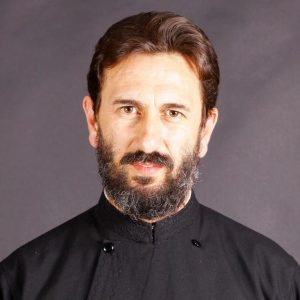


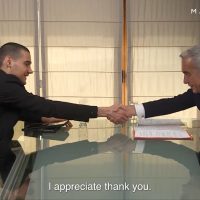
![marius-bostan-foto[1] marius-bostan-foto[1]](https://inliniedreapta.net/wp-content/uploads/elementor/thumbs/marius-bostan-foto1-qt9ywoo2b2lgv37b76h9qr5yo6db5vwzoxbuvd4e6o.jpg)
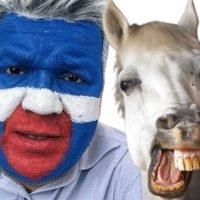
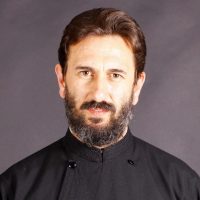

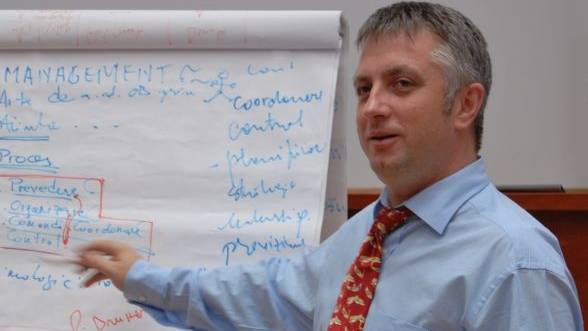
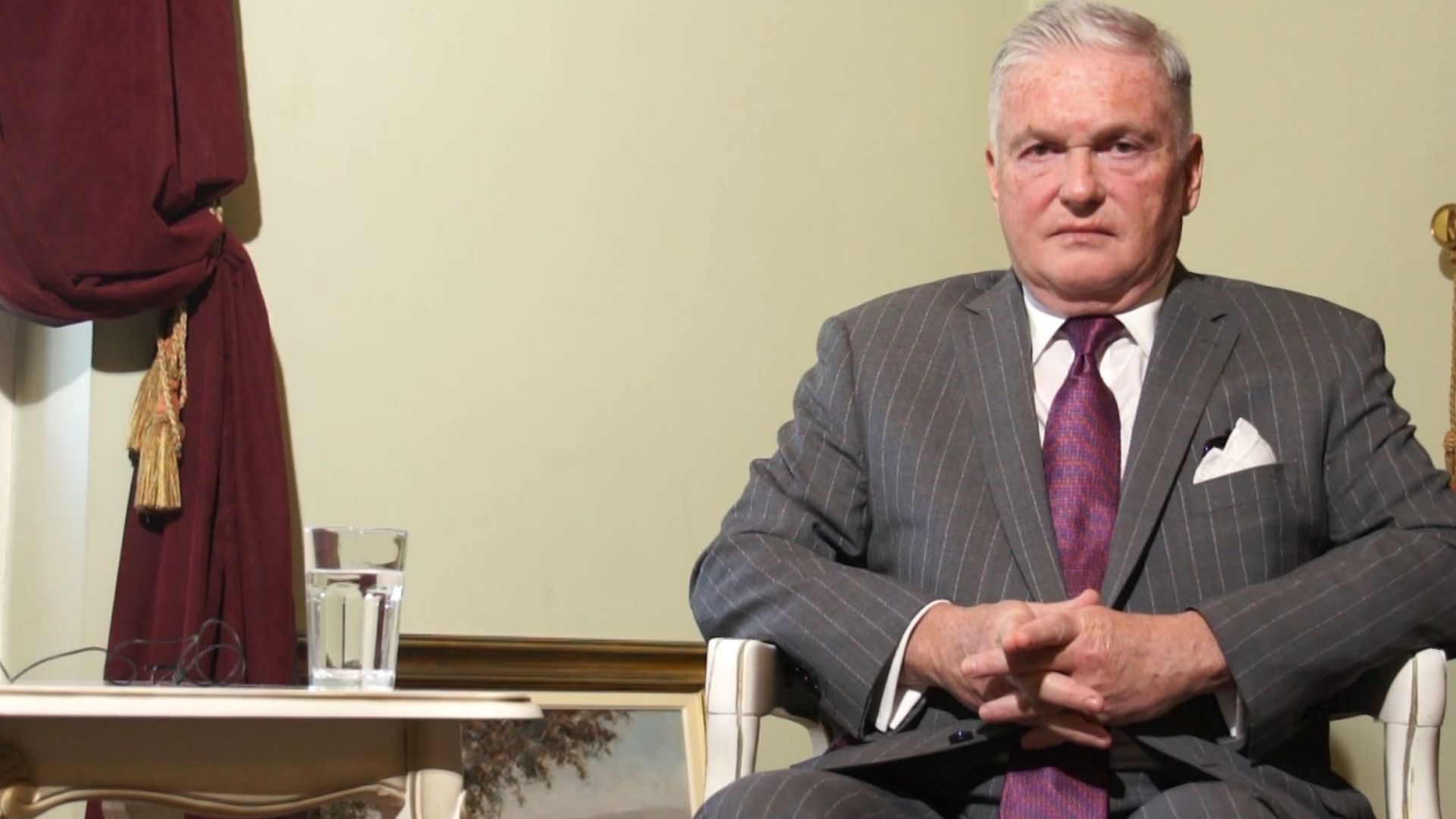



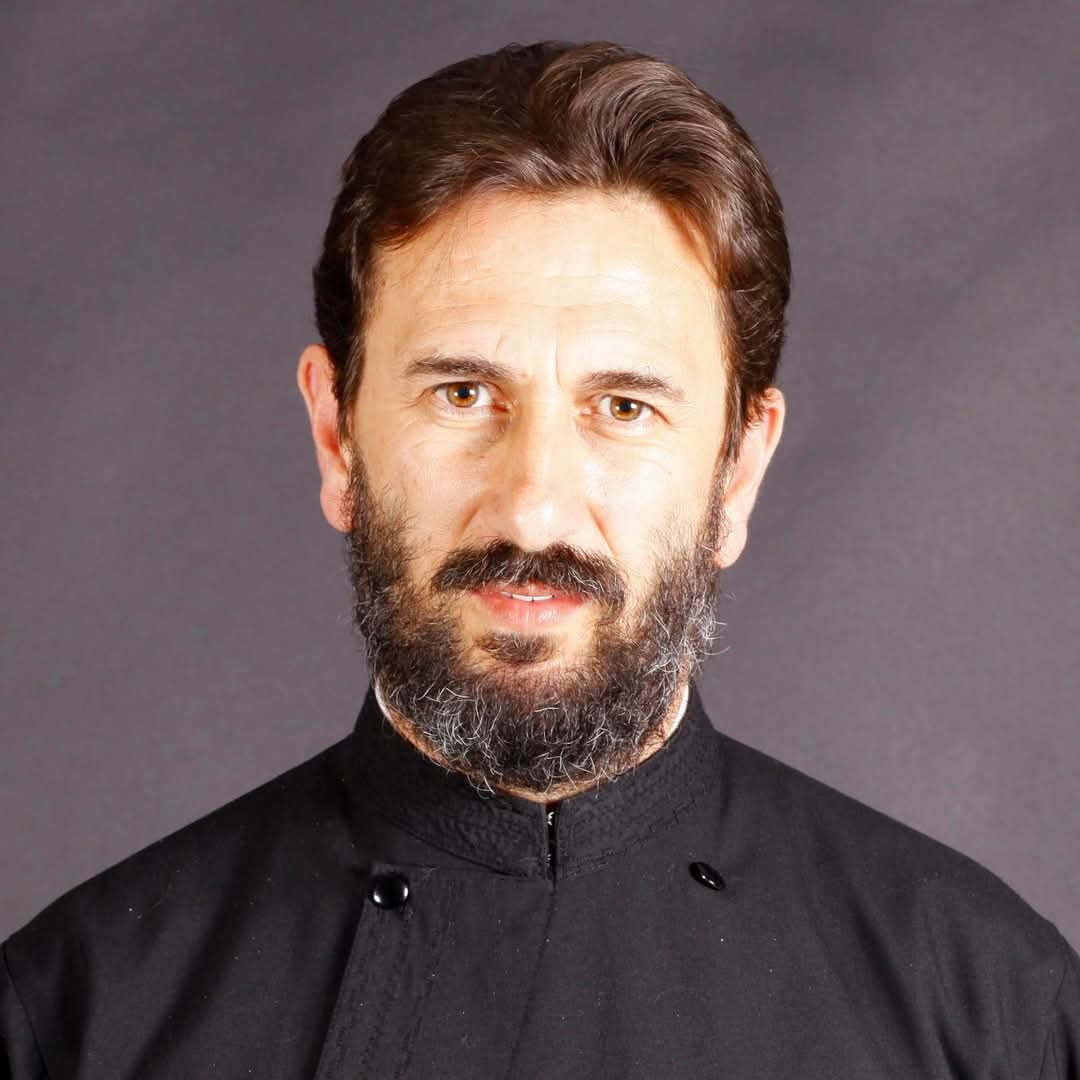

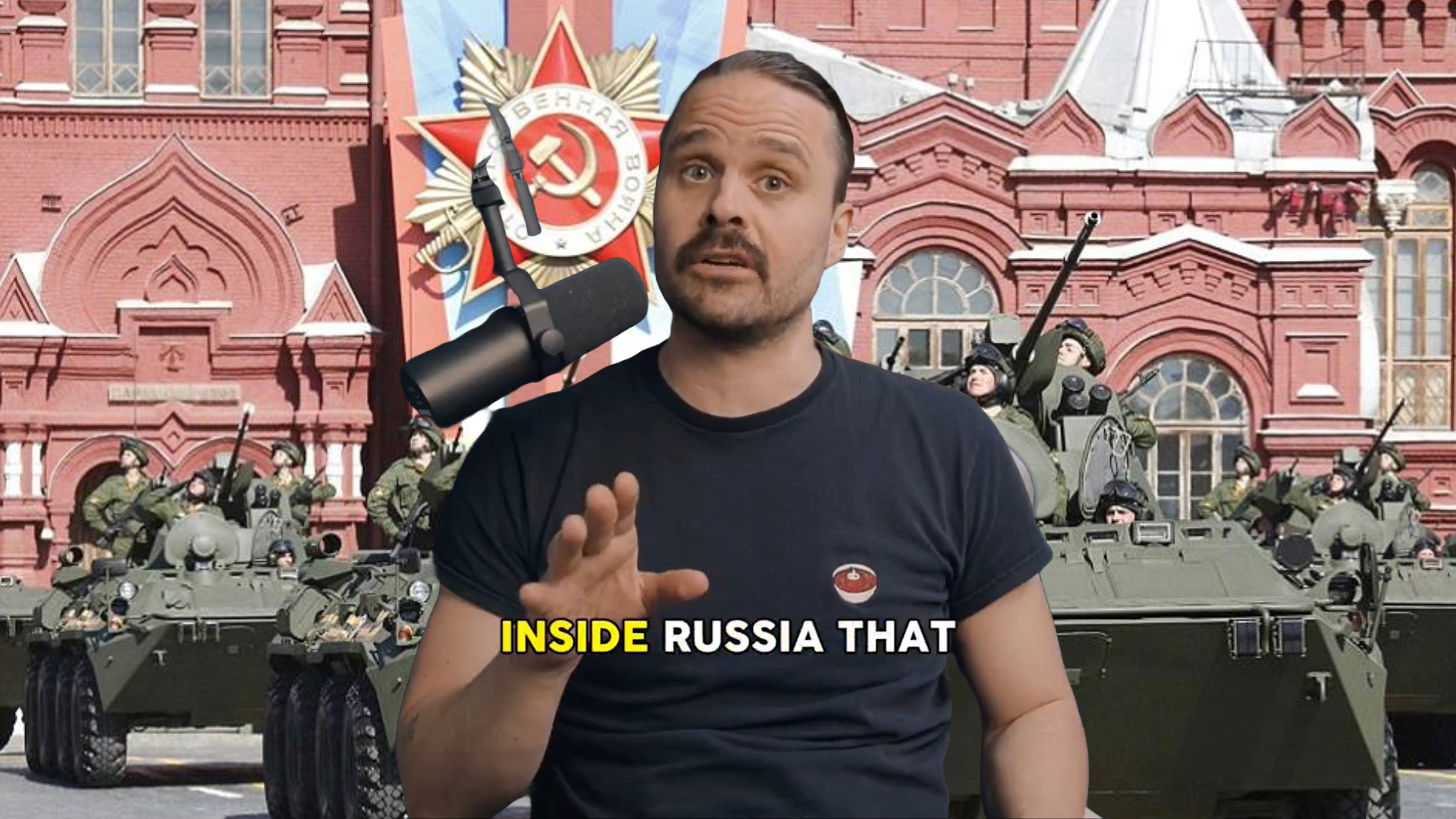

12 Comments
Bogdan Calehari
1 February 2013Eu ma minunez cum in presa serioasa de stanga nu se mai canta imnuri de slava maretului conducator nord coreean pentru uluitoarele lui realizari. Acum Der Spiegel, Le Monde, The Guardian sau Rai3 ar fi trebuit sa „duduie la foc automat” stiri si prezentari favorabile regimului condus de macelarii de la Phenian; lucru care nu se intampla! Ehe! Pai, „ou sont les neiges d’antan” cand Mao ucidea cateva milioane de oameni pe an, si a facut asta an de an timp de zece ani, lucru care a constituit cel mai important eveniment monden al Occidentului? Cand daca nu umblai cu „Carticica Rosie” in buzunar nu reprezentai nimic din punct de vedere intelectual. Unde sunt vremurile de aur cand maoistul Pol Pot isi extermina jumatate din populatia tarii, iar intelectualii francezi juisau ravasiti de admiratie, in timp ce in New York Times apareau editoriale despre cat de bine o duc cambodgienii si vietnamezii dupa ce au plecat imperialistii americani? S-au dus! Au ramas amaratii astia de occupy! Dar sa nu disperam tovarasi! Acum se recladeste viitorul, pentru ca, asa cum bine observa cineva: rezistenta la rational pe care o dovedeste civilizatia care s-a intemeiat pe rationalitate, este uluitoare.
SUTASU'
1 February 2013Toate acestea se-ntampla deoarece in materie de comunism marea majoritate a oamenilor comfunda marfa cu ambalajul. Adica, iau frazeologia demagogica a propagandei comunistilor drept ideologie, pe care, de fapt nu o cunosc. De altfel cei mai multi nici nu ar putea-o intelege. Chiar si dintre cei care, inainte de 1989 au urmat o facultate, cand studierea marxist- leninismului era obligatorie, pentru multi constitutind unul din cele mai dificile examene, „dadeau cu papagalul”, invatand mecanic cateva fraze cheie si cateva citate. Am cunoscut si „instructori” de partid, activisti platiti, care nu aveau habar de tezele fundamentale ale ideologiei comuniste. Or, daca asa ceva se-ntampla unor indivizi care au trait (cu capul in nisip)peste 40 de ani sub ocupatie comunista, atitudinea plebei americane este scuzabila. Dar la fel de periculoasa.
V-as ruga sa cititi studiul STAFIILE COMUNISMULUI. Se poate accesa de pe Google.
Bogdan Calehari
1 February 2013@2. Si daca i-ar fi stiut (activistii) pe de rost pe Marx, Engels si Lenin ce s-ar fi intamplat altfel decat s-a intamplat? Ar fi avut parte oamenii de democratie si de un sistem economic care sa le permita sa duca un trai din ce in ce mai bun? Nu! Si asta deorece comunismul este un sistem eminamente politic nu si economic. El desfiinteaza din prima, pentru a se impune total, economia de piata, care este primul pas spre democratie si astfel, intr-o perioada de timp mai lunga sau mai scurta ( ar fi fost foarte scurta daca nu l-ar fi sprijinit, din prostie, Occidentul capitalist) se alege praful.
Lenin a permis, pentru o perioada de timp limitata, NEP-ul pentru ca nu mai era papa. Au realizat repede ca astfel permit „reactiunii” sa se intareasca in timp si l-au desfiintat. Asta s-a intamplat in toate tarile comuniste; acum se stie cu ce rezultate.
„Suprimarea sau limitarea economiei de piata serveste, de fapt, aspiratiile la despotism ale unei minoritati politice si birocratice, permitandu-i sa-si rezerve in chip exclusiv dreptul la putere si bogatie” – citatul asta imi aduce aminte de Lenin, care intrebat fiind „pot oare muncitorii sa guverneze statul?” a raspuns sincer ” toti oamenii practici stiu ca asta-i o poveste de adormit copii”. Si Lenin il stia pe Marx!
emil borcean
1 February 2013Sutasu’. Carevasăzică marxismul ăsta e un cult ezoteric inteligibil doar pentru doxele luminate și cel puțin la fel de ascuțite ca lupta de clasă. Așa o fi, nu zic ba. Atunci păstrați-l doar pentru voi, ăștia cu doxe cât dovleacu’, nu-l mai întinați pe spinarea plebei.
Daniel Francesco
1 February 2013http://sampaleancornel.ucoz.ro…..un/1-1-0-1
Costin Andrieş
1 February 2013emil, ai inteles fix pe dos
emil borcean
1 February 2013Atunci, scuze.
Vlad M.
1 February 2013Sutasu
Problema cu frazeologia demagogica a propagandei comuniste este ca face parte din ideologie, asa ca nu poti sa spui ca accepti frazeologia, fara a accepta si ideologia. Poate ca nu este prea este clar, dar daca te minti singur asupra originii intelectuale a ideilor pe care le sustii, problema nu este decat a ta. Nu esti mai putin comunist.
Cat despre rafinamentele marxism-leninismului, sa nu uitam ca teza fundamentala a comunismului este una singura: pentru a aduce Raiul pe pamant, trebuie sa ii ucidem pe toti cei care ni se opun. Lupta de clasa mantuieste lumea prin sangele dusmanilor. Atat si nimic mai mult. N-ai nevoie de lecturi avansate, doar de intelegerea acestei idei de baza. Calaii comunisti nu scriau eseuri inainte de a condamna la moarte, asa ca nu are rost sa ne gandim in vreun moment la lipsa cunostintelor avansate de marxism-leninism. Este absolut irelevanta.
Corneliu
1 February 2013Atat de imbecili!
Adi
1 February 2013Cand aveai 8 ani, inregistram „prostii pentru prosti!”… sau, nu cumva aveam vreo 13 ani? ????
Boicea Radu
1 February 2013Asta e propaganda burgheza . Americani trimit bunuri de consum si alimente numai ca sa nu dea nord comunisti cu bombardeua in sud capitalisti Pamantul e plin de nebuni ce crezi ca In alte state capitaliste nu sunt dusi cu pluta ?????
Costin Andrieş
1 February 2013http://www.worldaffairsjournal…..rld-part-i